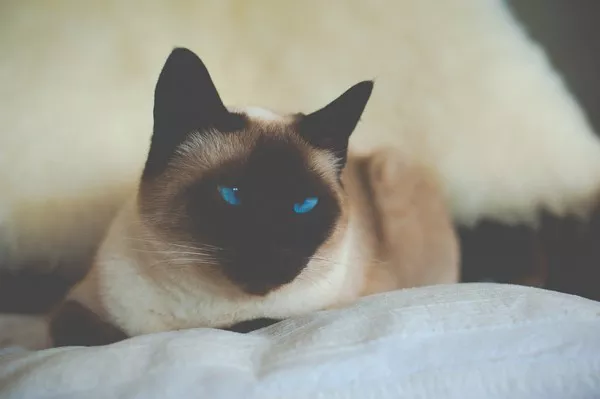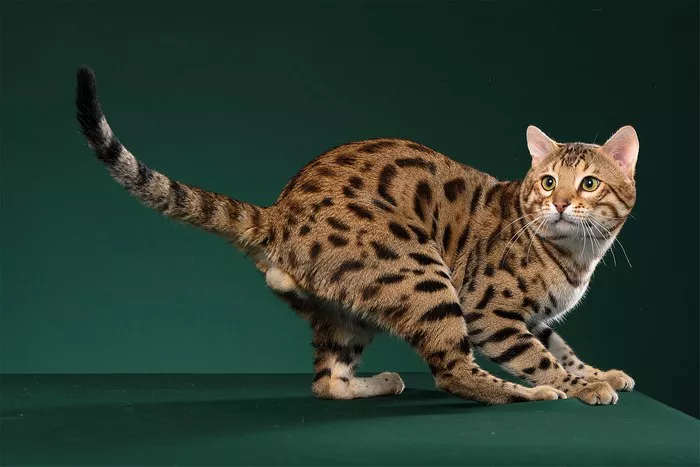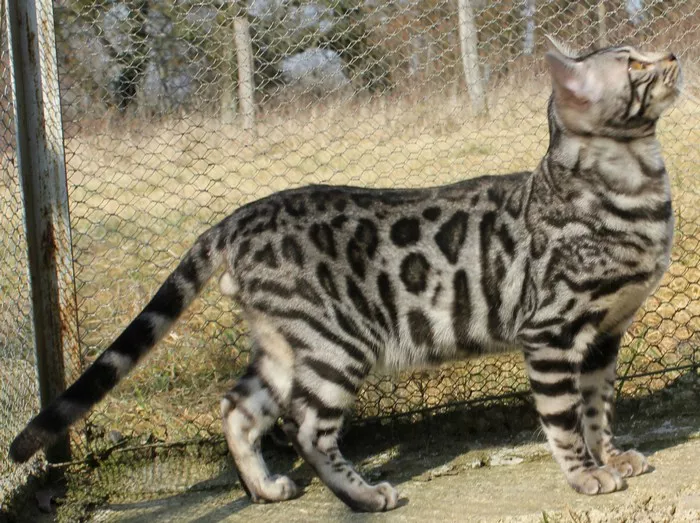Siamese kittens are a popular breed of cat known for their striking blue eyes, sleek bodies, and playful personalities. As with any growing animal, Siamese kittens require a well-balanced and nutritious diet to help them thrive. In this article, we will discuss what to feed Siamese kittens to ensure they receive the nutrients they need for optimal growth and development.
Importance of a Balanced Diet
Before discussing specific foods, it is important to understand the importance of a balanced diet for Siamese kittens. A balanced diet provides all the necessary nutrients required for growth and development. Kittens have different nutritional needs than adult cats, and it is crucial to meet these requirements during the first year of life as it is the most critical period for growth and development.
A proper diet should include high-quality protein sources, essential fatty acids, vitamins, and minerals. These nutrients are essential for growth, muscle development, bone health, and overall wellbeing. Kittens also require more calories than adult cats, making it important to feed them more frequently throughout the day.
Types of Food
There are several types of food to consider when feeding Siamese kittens, including dry food, wet food, and raw food diets. Each type has its own advantages and disadvantages, and it is important to choose the best option for your kitten based on their individual needs.
Dry food is the most commonly fed type of food for cats, as it is convenient and can be left out for kittens to graze on throughout the day. Look for high-quality dry food that lists meat or fish as the first ingredient rather than grains or fillers. It is also important to choose a brand that is specifically designed for kittens since they have different nutrient requirements than adult cats.
Wet food is another option for feeding Siamese kittens. Wet food is typically higher in moisture content than dry food, which helps keep kittens hydrated. It is also often more palatable than dry food, making it a good option for picky eaters. However, wet food can be more expensive and has a shorter shelf life once opened.
Raw food diets are becoming increasingly popular for cats, including Siamese kittens. These diets consist of raw meat, organs, and bones and are designed to mimic the natural diet of wild cats. While these diets can be beneficial in providing high-quality protein and essential nutrients, they can also be risky if not prepared properly, as raw meat can contain harmful bacteria that can lead to illness.
Feeding Schedule
In addition to choosing the right type of food, it is important to establish a feeding schedule that meets the needs of your Siamese kitten. Kittens require more frequent feedings than adult cats, with some requiring up to five meals per day. As a general rule, kittens should be fed every 4-6 hours until they reach six months of age, and then can transition to three meals per day.
It is also important to monitor portion sizes to avoid overfeeding. Obesity is a common problem in cats and can lead to a variety of health issues, including joint problems, diabetes, and heart disease. Talk to your veterinarian about the appropriate portion sizes for your kitten based on their individual needs.
Supplements
While a balanced diet should provide all the necessary nutrients for Siamese kittens, some may benefit from additional supplements. For example, Omega-3 fatty acids can help promote healthy skin and coat, while probiotics can improve digestive health. Talk to your veterinarian about whether supplements are necessary for your kitten and which ones would be most beneficial.
Conclusion
Feeding a Siamese kitten a well-balanced and nutritious diet is crucial for optimal growth and development. Choose high-quality protein sources, essential fatty acids, vitamins, and minerals to meet their nutritional needs, and establish a feeding schedule that meets their individual needs. Monitor portion sizes to avoid overfeeding, and consider supplements if necessary. With proper nutrition, Siamese kittens can grow into healthy and happy adult cats.


























